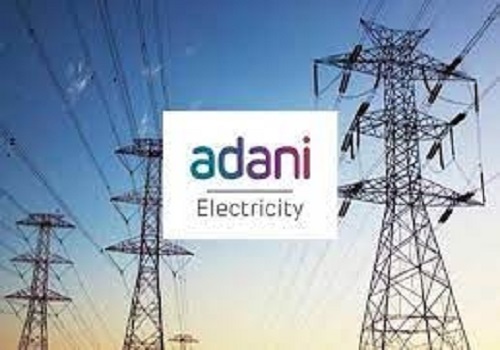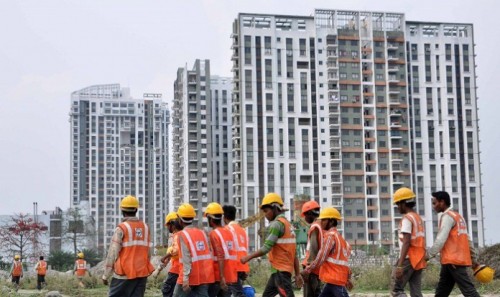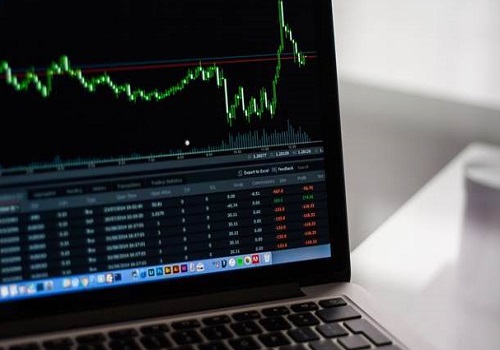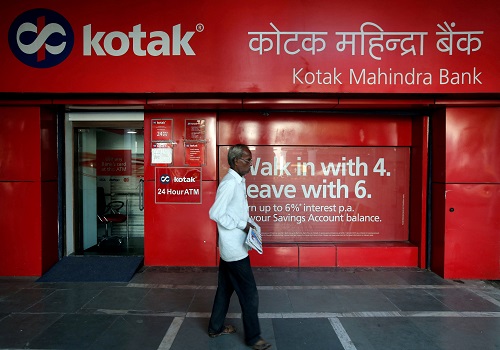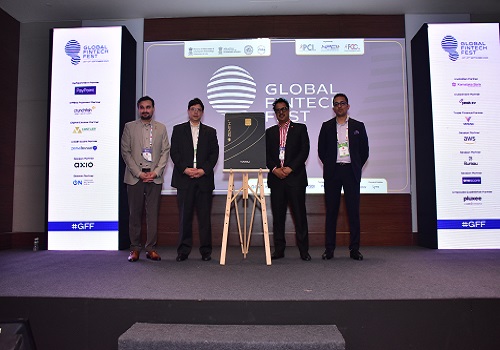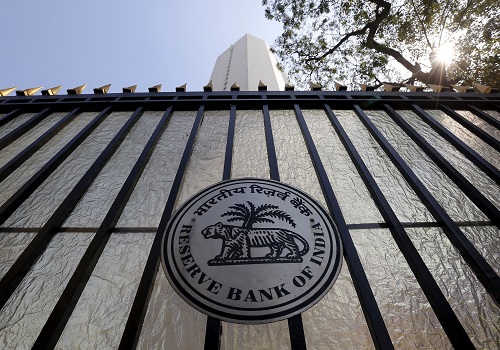BFSI Banks - RBI deliberates rationalization of MDR on cards, PPIs and UPI By Emkay Global Financial Services Ltd
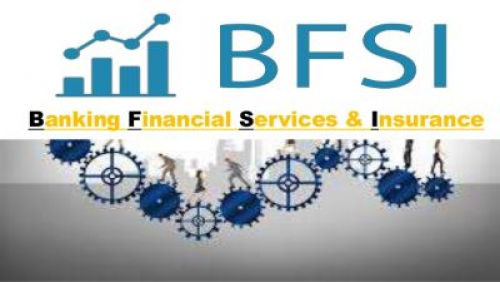
Follow us Now on Telegram ! Get daily 10 - 12 important updates on Business, Finance and Investment. Join our Telegram Channel
The RBI has released a discussion paper, calling for suggestions by Oct 3, 2022, on revisiting the charges on different payment systems. Based on the potential suggestions, we believe the Regulator should likely resolve the ongoing conundrum, mainly on rationalization of the otherwise higher MDR on Cards, PPIs and UPI by the year end. Key highlights
* Discussion paper seeks to revisit payment charges across payment instruments/modes; would this possibly get the ball rolling for reduction in MDR? The RBI in its discussion paper seeks to review existing charges (MDR) on the entire gamut of payment systems (incl. RTGS, IMPS, NEFT, Debit/Credit Cards, UPI, PPIs) and surcharge/convenience fees being levied by payment service providers/merchants. RBI has underlined that the charges for payment services should be reasonable and competitively determined for users, while providing an optimal revenue stream for intermediaries to profitably sustain operations and attract new investments for the public good. The Regulator has sought public views on 40 specific questions with regard to charges & levies in payment systems by 3 October. Key questions: if charges should be regulated (e.g. for Debit Card)/remain market-driven; the MDR be waived or reduced; if there should be flat charges/MDR, or based on transaction value/merchant T/o; MDR be regulated or interchanged on credit cards
* Will MDR on cards/wallets/PPIs be reduced and re-introduced on UPI? RBI already regulates MDR on Debit Cards, while the govt. has mandated Zero MDR on UPI (P2M transaction is incentivized by the govt.) despite the underlying ecosystem cost of 0.25%. However, the discussion paper seeks comments, most importantly on whether to reduce MDR on credit cards/PPIs which is higher, at ≥2%. RBI agrees that Credit Card MDR should be higher than Debit Card MDR (0.8%/0.9% at the maximum), given the underlying interest cost for credit-free period and credit risk. Notably, RBI has sought views on whether Credit Card MDR should be similar to the Debit Card MDR (0.9%) + avg interest cost for, say 30 days, based on the rate for a few large banks (assuming 5% CoF, say 0.4% for 30 days/0.6% for 45 days) which can be reset at the beginning of an FY. We believe there needs to be a mark-up for credit risk + customer engagement cost; thus, the final MDR comes to 1.2-2% v/s ≥2% now. MDR on PPIs (ex BNPL) could be similar to the Debit Card MDR, but for the different cost dynamics for non-banks and the issuing/loading cost. RBI has also discussed de-linking the cost of transactions (to be charged to merchant) and cost of free credit period + credit risk premia (to be charged to the customer). However, RBI admits that such a mechanism is not prevalent anywhere in the world and may reduce credit card usage, thus defeating the RBI’s purpose of increasing digital payment acceptance. RBI also seeks comments on whether MDR be re-introduced on UPI transactions (regulated/mkt-determined) or if it should continue with the current govt. subvention scheme (for P2M transactions)
* Should there be a flat fee or % based on transaction value, and whether to regulate surcharge/convenience fees? Many payment instruments/modes, like NEFT, RTGS and IMPS, operate on the flat fee structure as they do not involve fund transfer cost (borne by RBI). RBI believes that debit card transactions too are similar to such payment systems and so, seeks to determine whether Debit Card transactions should also attract a flat fee on each/bulk transaction, instead of the current regime of value-based charges (MDR as % of value). We believe this logic is applicable for Rupay Debit Cards where network support is provided by RBI, but not for other debit cards operating on international networks (Visa/Mastercard). However, a flat fee charge could also be applied on UPI. RBI has also raised concerns on Surcharge being charged by merchants on credit card transactions, while such a charge on Debit Card is not allowed by the RBI. Some merchants also charge a convenience fee (e.g. online travel/movie ticketing platforms like IRCTC, bookmyshow, etc), which leads to increase in the overall cost of transaction. RBI accepts that the convenience fee should be levied, given the underlying cost related to platforms, but questions whether such charges should be regulated and if so, then by whom.
* Our view: We believe the discussion paper has once again raised the possibility of regulating/reducing MDR or interchange fees on cards/PPIs/wallets which could hurt the profitability of card/wallet companies (mainly HDFCB, SBIC, ICICI, Axis, RBL, Paytm). That said, the formula suggested by RBI should keep MDR at >1.2-2% v/s ≥2% now. Our rough workings suggest that a 10bps reduction in MDR/interchange fee could shave off card-business RoA by at least 50bps. That said, RBI has not expounded on the current high APR (annual percentage rate) @40%, charged by Credit Card/BNPL players, except for passing on the interest rate variability benefit on the credit fee period assumed for determining MDR. Some countries have started regulating APR or have a variable APR mechanism and so the possibility of a similar structure cannot be ruled out in the mid-to-long run in India either. Our quick discussions with card players suggest that RBI may either leave MDR on Credit Cards/Wallets being determined by the market or may nudge players to slightly bring down the interchange fees. That said, re-introduction of MDR on UPI should partly offset the impact of fee reduction in cards for banks/wallets for finte
To Read Complete Report & Disclaimer Click Here
For More Emkay Global Financial Services Ltd Disclaimer http://www.emkayglobal.com/Uploads/disclaimer.pdf & SEBI Registration number is INH000000354
Above views are of the author and not of the website kindly read disclaimer
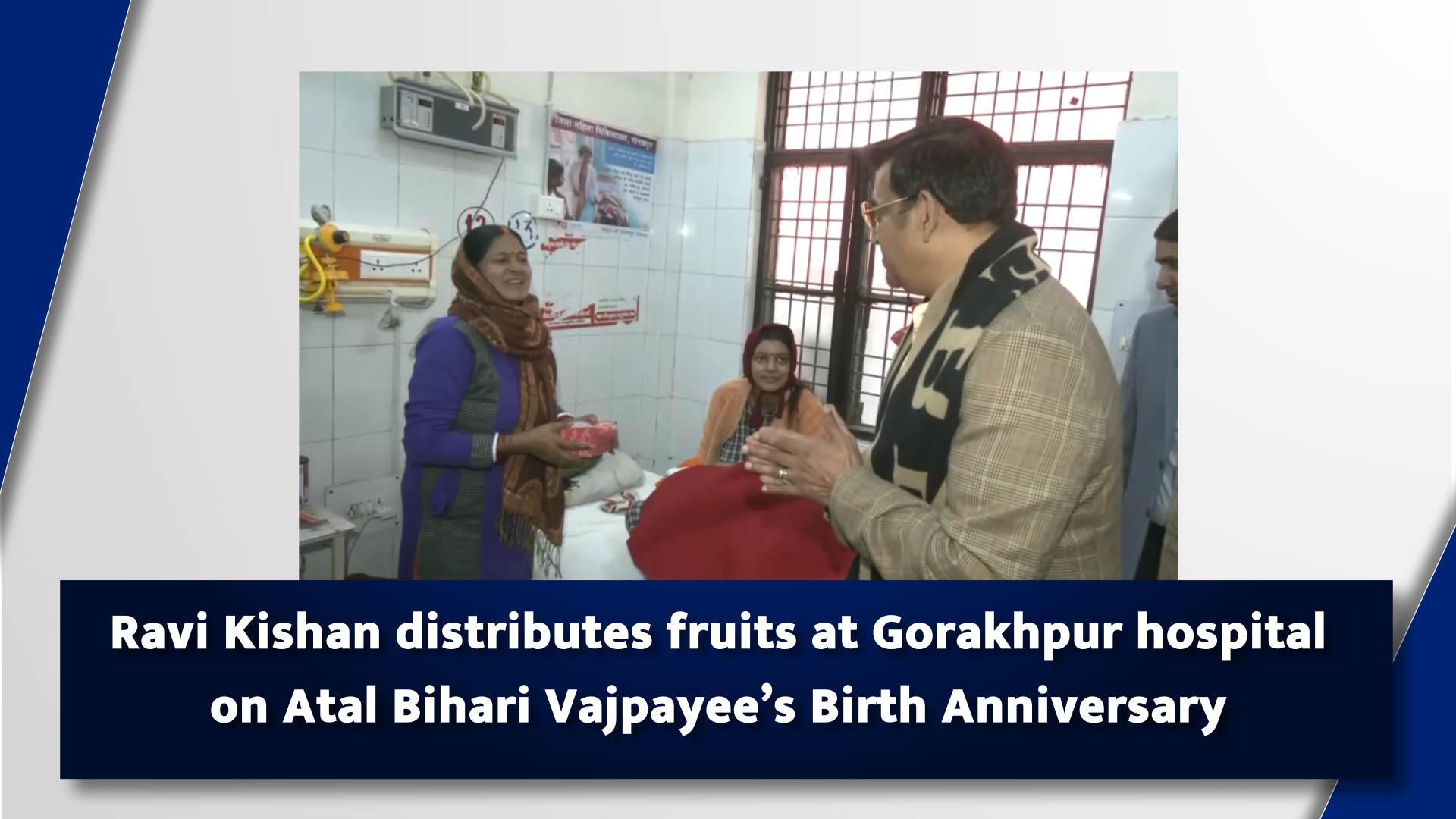
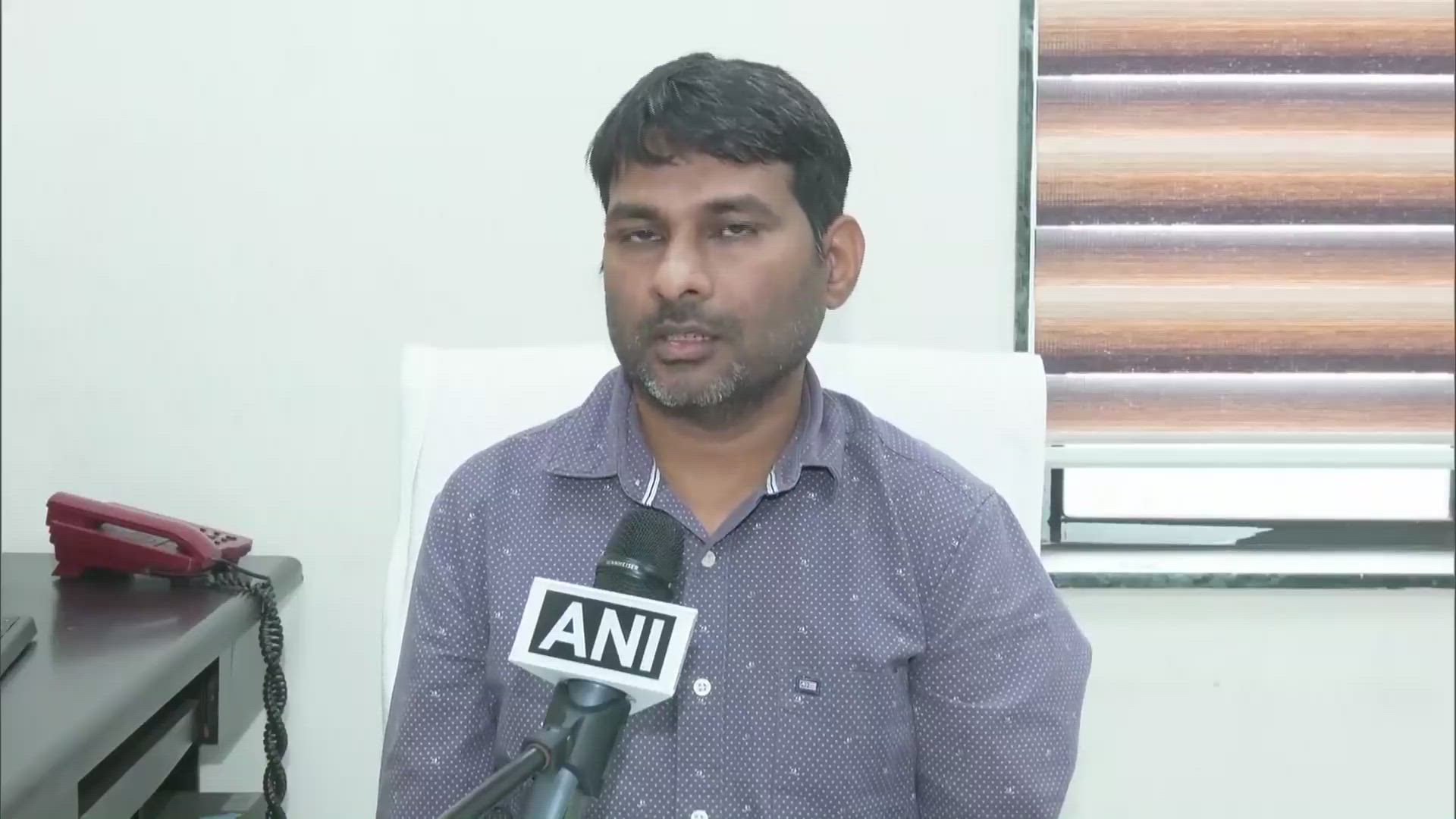
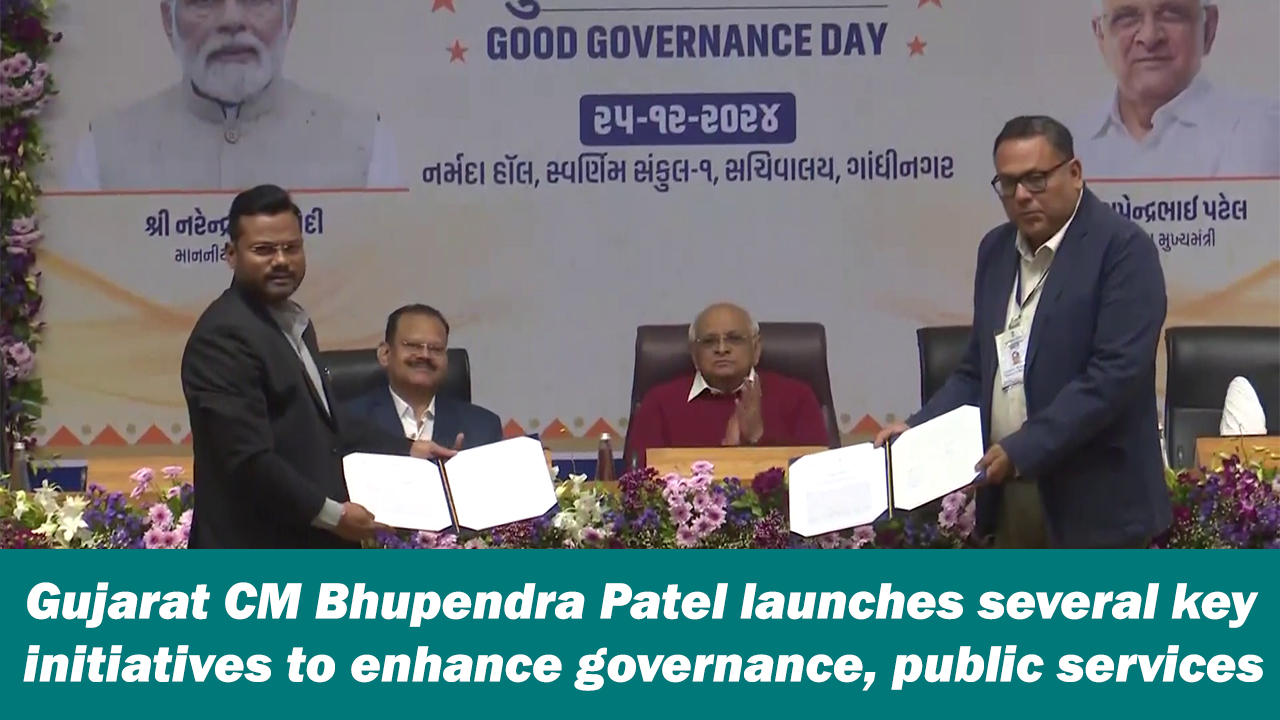
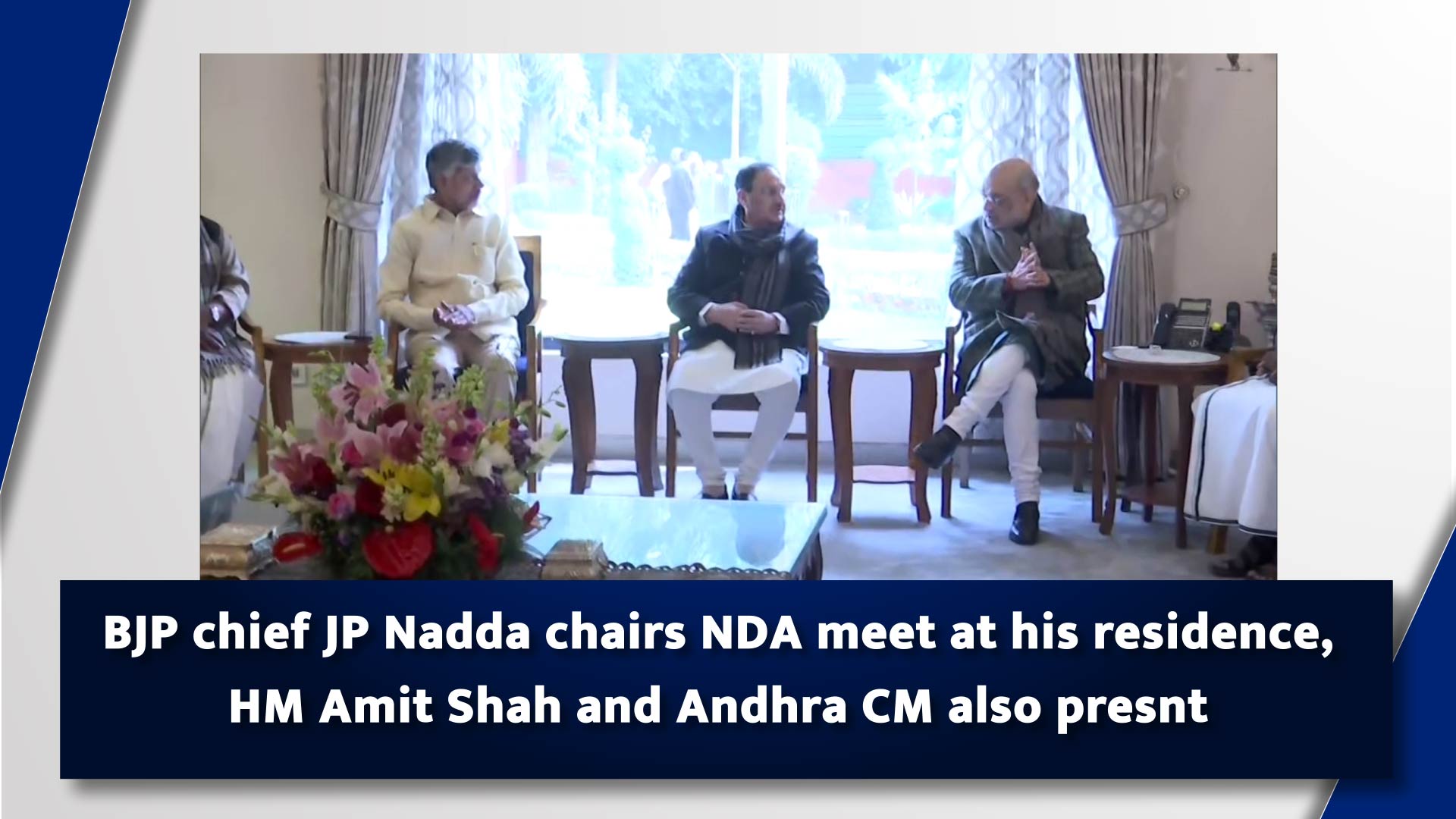
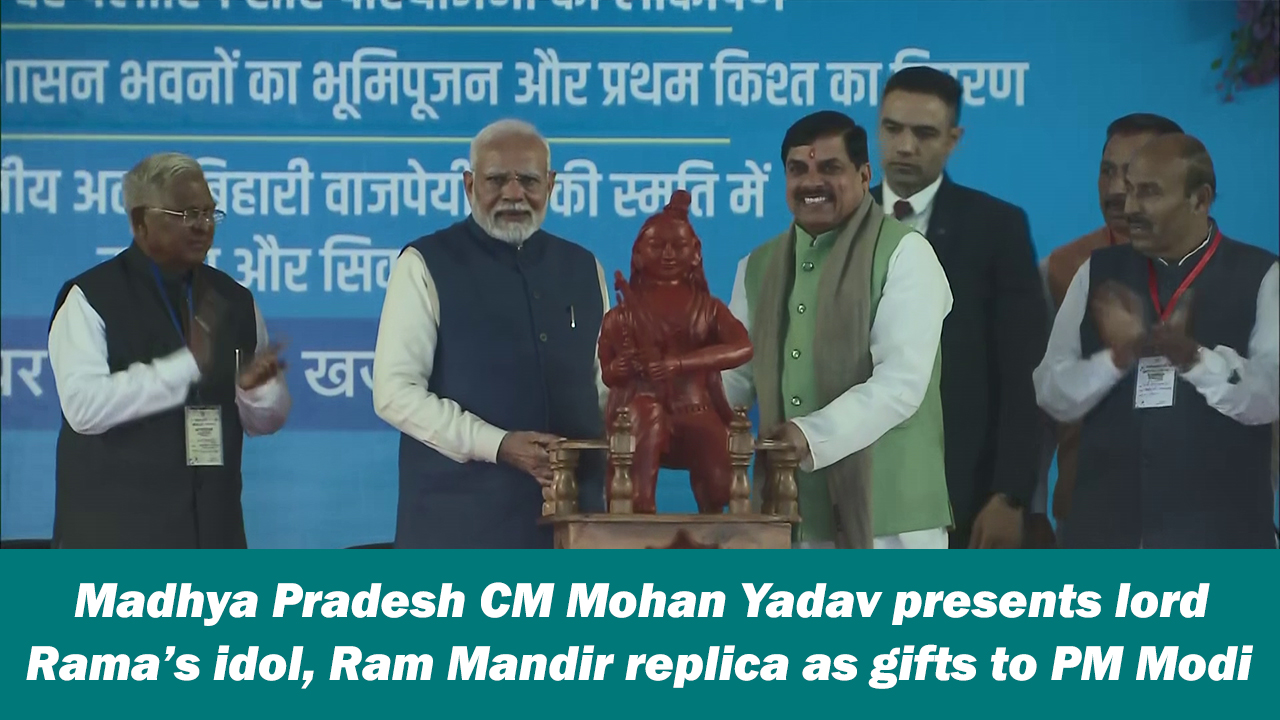
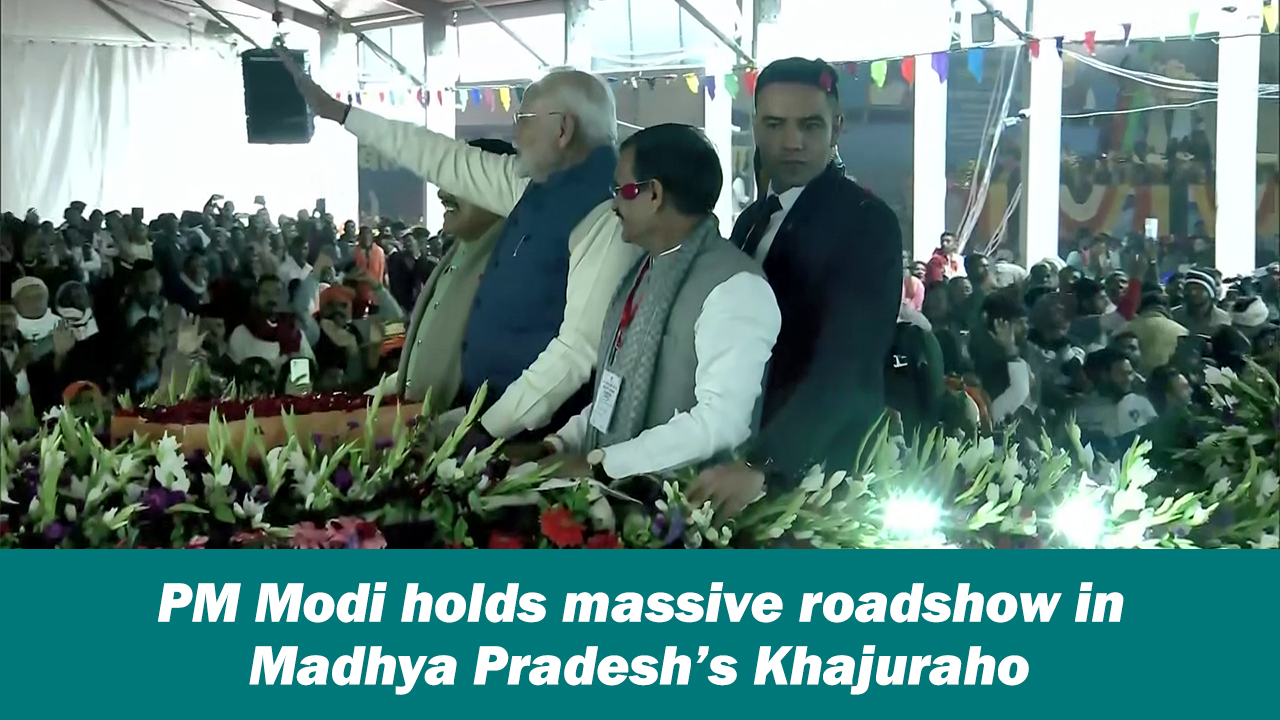
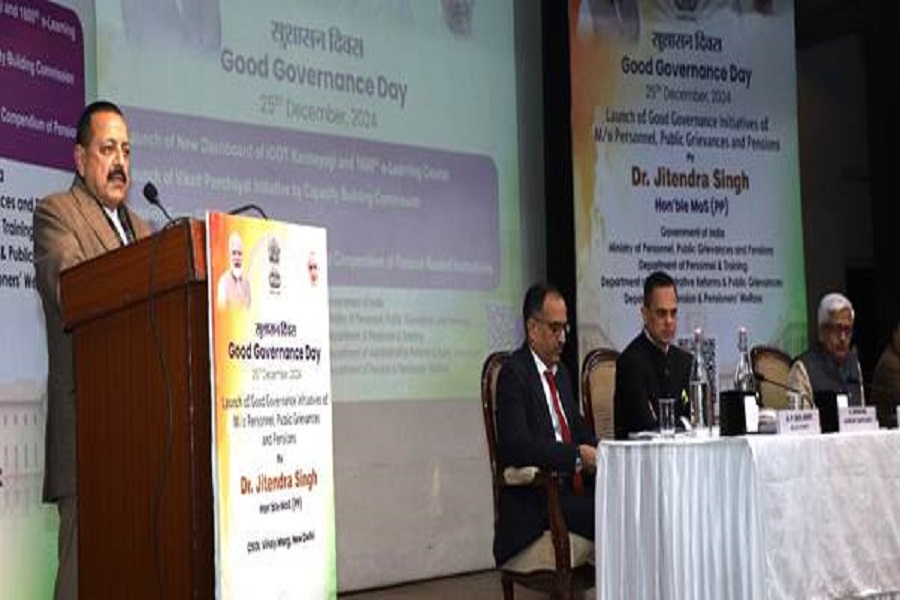
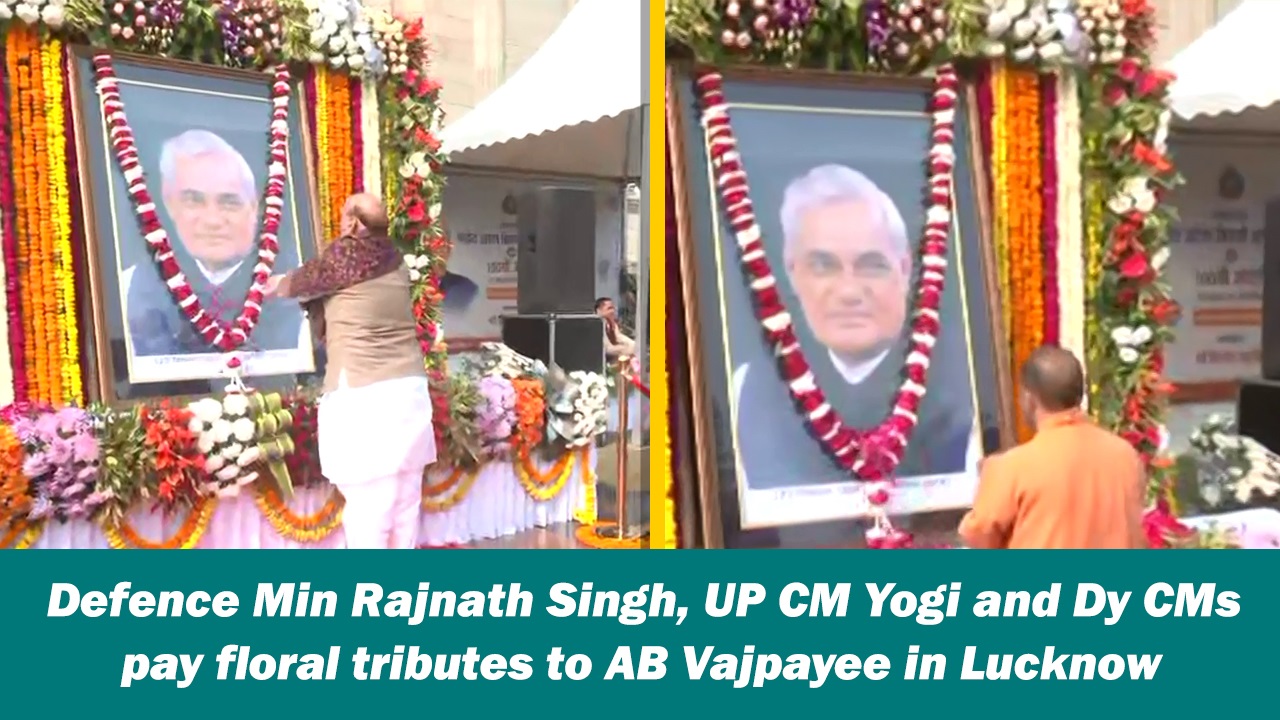


Tag News
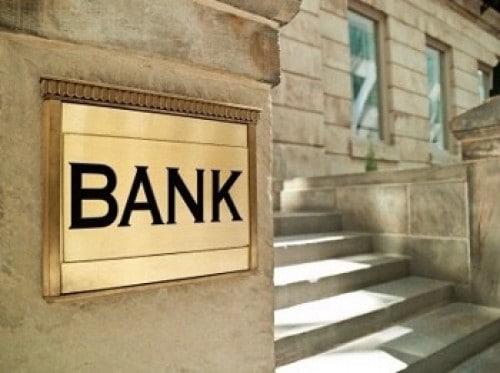
AU Small Finance Bank jumps on entering into bancassurance tie-ups with Star Health and Baja...
More News

Technology Sector Update : Trump 2.0: What?s in store for IT services? By Motilal Oswal Fi...
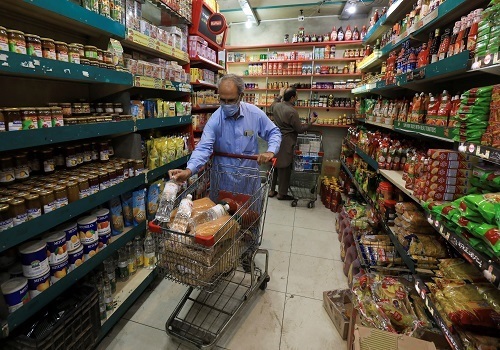
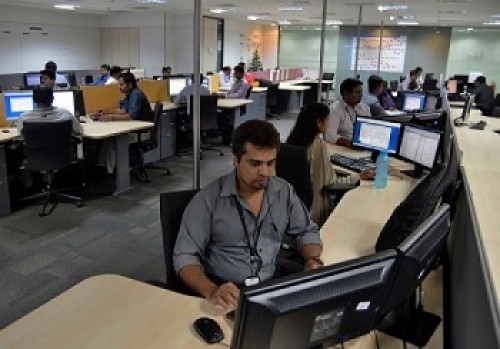



 320-x-100_uti_gold.jpg" alt="Advertisement">
320-x-100_uti_gold.jpg" alt="Advertisement">


